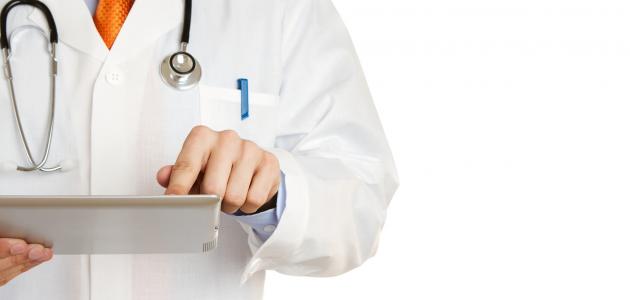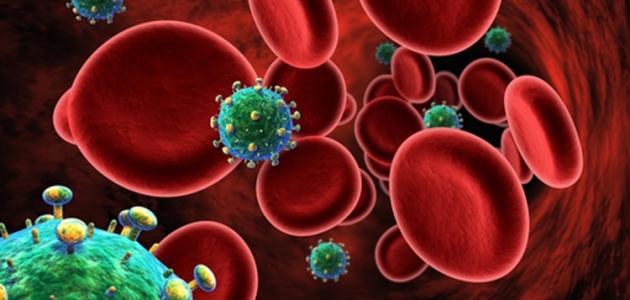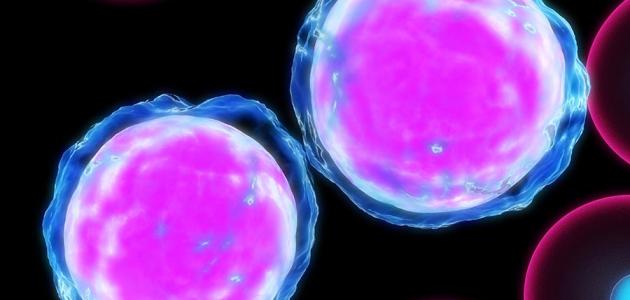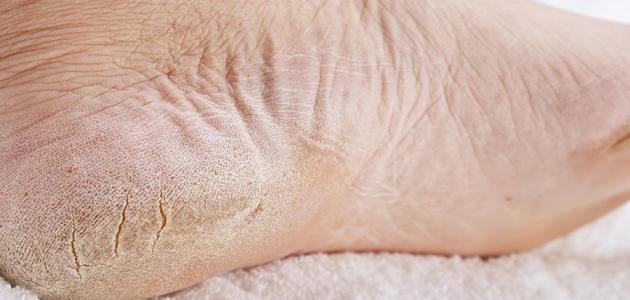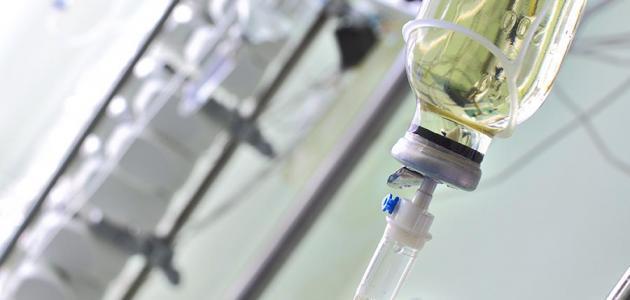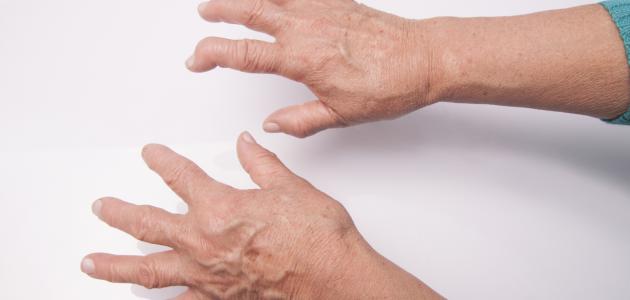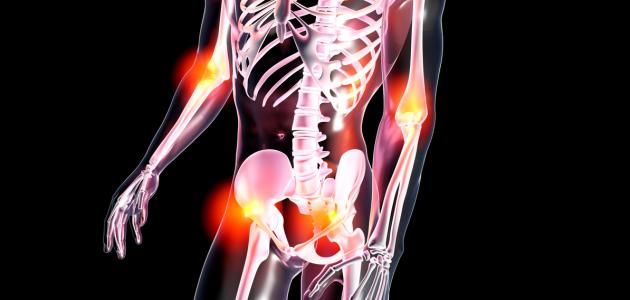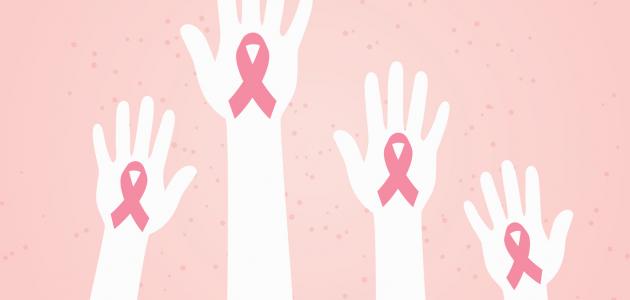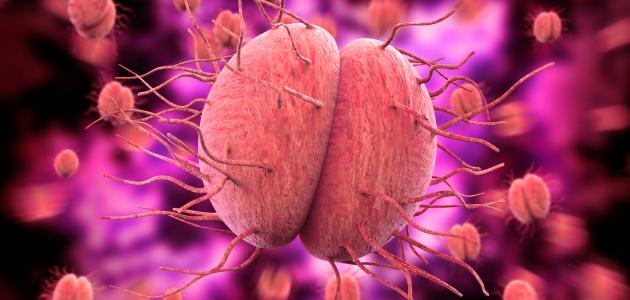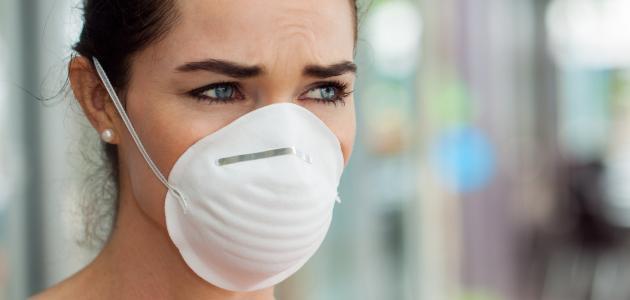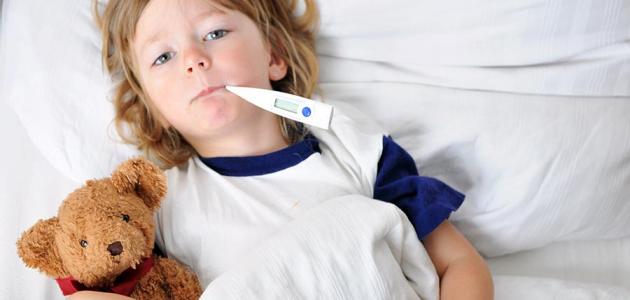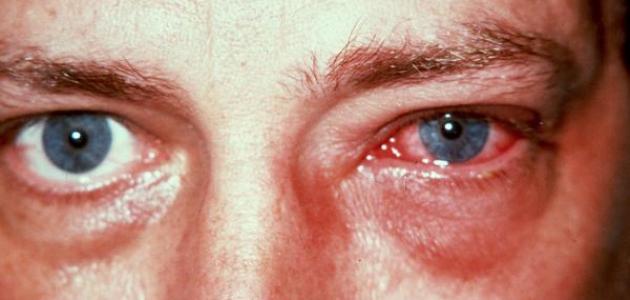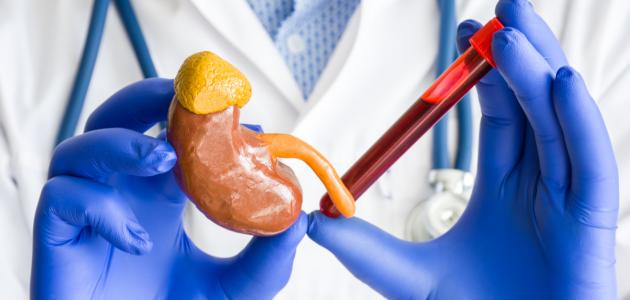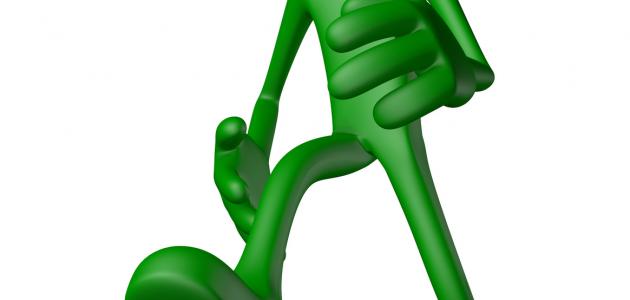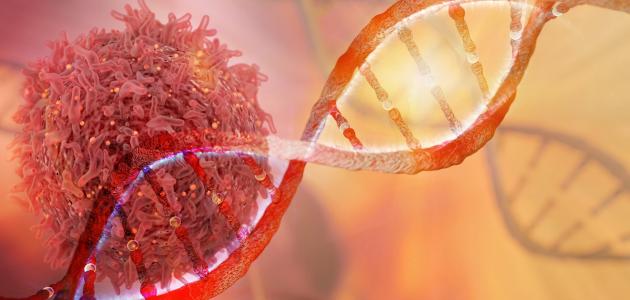Contents
Schistosomiasis
The general public calls schistosomiasis for short, and this disease is the second most dangerous disease caused by parasites in the world, as malaria ranks first in terms of severity, and in fact there are more than 200 million people infected with schistosomiasis around the world. Classification of schistosomiasis among the neglected tropical diseases , [1] Schistosomiasis is transmitted to humans through skin-to-skin contact with water containing the parasites that cause this disease. Sarcaria is the internal organs of the human being, and thus when the patient urinates or excretes the excrement, the sarcaria moves from the body of the patient to find a water medium in which to live, then its eggs are transferred to the snailsExisting in this watery environment, then these eggs multiply to be able to spread again, so they move to human skin that comes into contact with the water in which these snails live, and thus the worm's life cycle continues and spread among people. [2]
Symptoms of schistosomiasis
Acute symptoms
Often, people with schistosomiasis do not show any symptoms immediately after infection with this disease, and therefore months and perhaps years may pass after infection with schistosomiasis without the person knowing it, but this does not preclude the possibility of some symptoms and signs appearing after a few weeks after the moment of infection with the parasite. These symptoms are temporary and disappear after several weeks. They are known as accidental or acute symptoms, including the following: [3]
- Fever and an increase in body temperature of more than 38 ° C.
- Redness and irritation of the skin, so red spots appear in different places on the surface of the skin.
- Cough .
- Diarrhea .
- Joint and muscle pain.
- Feeling of abdominal pain, and general fatigue.
- Incidence of headaches . [4]
Chronic symptoms
Sometimes, schistosomiasis can cause more serious problems, and the appearance of these problems depends on the part of the body that the eggs have reached and affected by, and the main symptoms that appear in such cases can be explained as follows: [3]
- Digestive system symptoms: Infection of the digestive system with schistosomiasis leads to anemia , suffering from abdominal pain and bloating, diarrhea, and blood in the stool.
- Urinary system symptoms: The infection can cause irritation and inflammation of the bladder , a feeling of a constant need to urinate, and blood in the urine.
- Lungs and heart symptoms: Schistosomiasis can cause the patient to suffer from a persistent cough , wheezing, shortness of breath , and coughing up blood.
- Symptoms of the nervous system and the brain: These are often epileptic seizures , severe headaches , feeling weak and tingling in the legs, and dizziness.
Treating schistosomiasis
It is possible that the parasitic worms that led to the infection with schistosomiasis can be eliminated through some treatment options, including the following: [4]
- Medicinal options: There are some medications that are dispensed in the event of suffering from schistosomiasis, the most important of which are summarized as follows:
- Praziquantel; As this drug works to eliminate adult worms, but it does not affect their eggs, by breaking them into pieces, which leads to stimulating the immune system in the body to start fighting these parasites and eliminate them.
- Corticosteroids ; These drugs help relieve the symptoms associated with praziquantel because it stimulates the immune system in the body.
- Other drugs: such as Oxamniquine, Metrifonate, and Artemisinins.
- Surgical options: There are several surgical procedures that can be performed, including granuloma removal, esophageal varices, and tumor masses in the body.
Prevention of schistosomiasis
It is worth mentioning that there is no vaccine to protect against infection with schistosomiasis, but there is a set of procedures that can be followed to prevent this parasitic infection, especially in the case of housing or travel to places that are likely to spread the infection, and these followed: Procedures [ 5]
- Drinking clean water free from parasites; This is done by boiling the water you want to drink for at least a minute, as this helps eliminate any parasites, bacteria, or viruses that live in them, and although the schistosomiasis parasites are not transmitted by drinking, exposure to the mouth and lips of water contaminated with these parasites leads to their transmission to Body and the occurrence of infection.
- Avoid swimming in fresh water if you are in countries where schistosomiasis is common, and instead you can swim in the ocean, or swimming pools disinfected with chlorine.
- Sterilizing bath water; This is done by boiling it for a period of not less than a minute and then cooling it. In this way, a person can eliminate the parasitic worms of sarcophagi in the water.
- Dry the towels well after using them and wet them with water, as this prevents the transmission of the schistosomiasis parasites into the body.
- Wear shoes that do not pass water when needed to cross a river or stream. [3]
- The assertion of hotels and tourist destinations in the area where schistosomiasis is prevalent is not dependent on the safety of the water and the absence of parasites; There are reports from some organizations that warn about this, and raise people's awareness in order to reduce the risk of infection with freshwater parasites. [3]
- Avoid medicines that are sold locally in areas where schistosomiasis is spread, and which are promoted as working to prevent or treat this disease, as these drugs are either ineffective and cannot be approved, or they are given in inappropriate doses. [3]
References
- ↑ "Parasites - Schistosomiasis" , www.cdc.gov , 7-11-2012, Retrieved 24-4-2108. Edited.
- ↑ Amber Erickson Gabbey (29-5-2014), "What is Schistosomiasis?" , Www.healthline.com , Retrieved 24-4-2018. Edited.
- ^ A b t w c "Schistosomiasis (Bilharzia)" , Www.nhs.uk , 6-1-2016, Retrieved 24-4-2018. Edited.
- ^ A b the Charles , Patrick Davis , , "Schistosomiasis: The Tweet Get On the Symptoms Facts Pets " , Www.medicinenet.com , Retrieved 24-4-2018. Edited.
- ↑ "Parasites - Schistosomiasis" , www.cdc.gov , 7-11-2012, Retrieved 24-4-2018. Edited.
